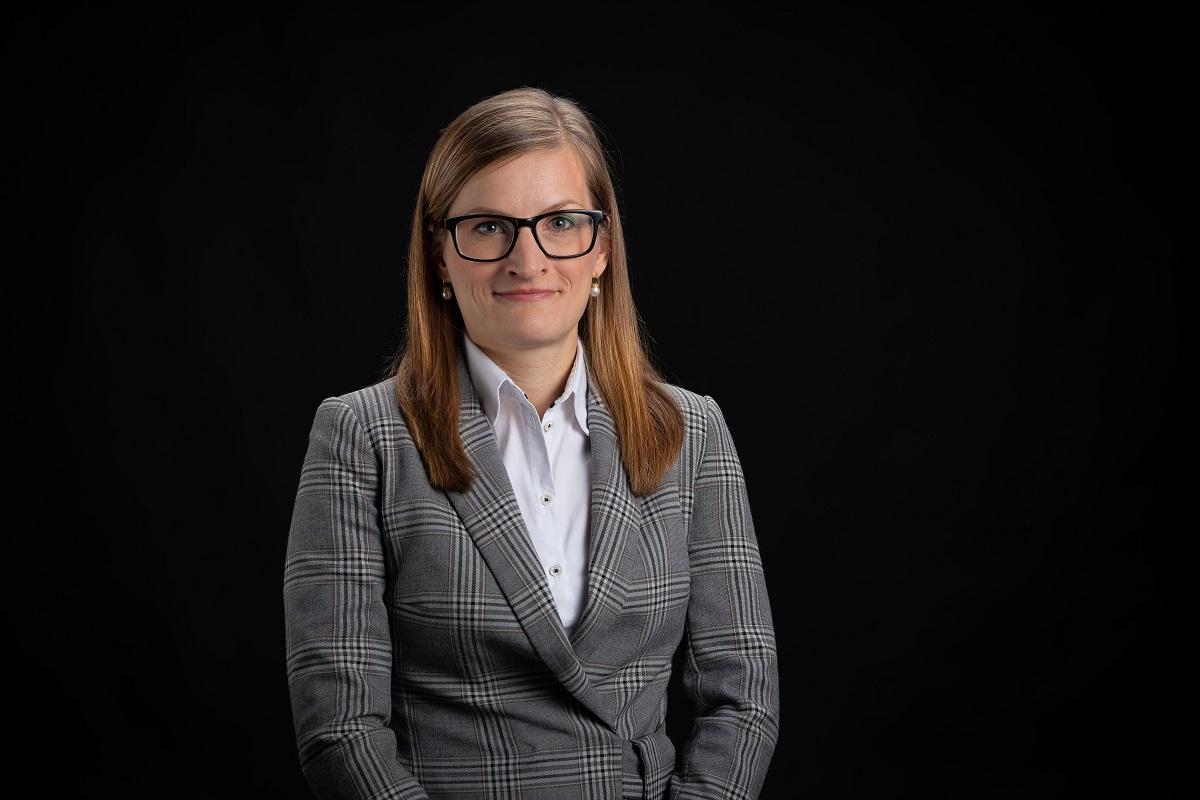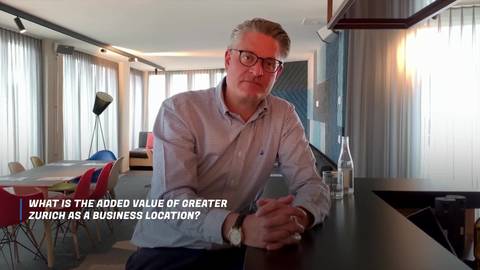
How do you rate the investment climate for Swiss biotech start-ups?
Nadine Geiser: In the Swiss investment landscape, there is usually more understanding of the generally high risk with biotech start-ups than there is in other locations. Here, family offices and high-net-worth individuals often make investments. They have a different price sensitivity. One reason for this can be that they made their fortune in the life sciences sector and as such are specialists. Another reason can be that they are specifically seeking start-ups in Switzerland.
And what is the situation with foreign investors?
Interest from international venture capitalists in European and also Swiss biotech companies has been growing over recent years. In the past, biotech start-ups from the USA were often valued more highly than those in Europe although the data did not always justify this. Now American and Asian investors recognize that it is lucrative to for example invest in an idea from Zurich that may have a lower initial valuation but better chances of success.
We also hear about the growing reputation of the biotech scene in the Greater Zurich Area...
That plays a part in it. For instance, the University of Zurich or the Swiss Federal Institute of Technology (ETH) are held in extremely high regard worldwide. And the scene has developed rapidly over the past 20 years. The first researchers founded start-ups in around 2000 that they sold very successfully. The founders stayed loyal to the location after that. The successes persuaded established players such as the pharmaceutical giant Roche to get involved here. Today, many founders and investors come to the Greater Zurich Area solely because of its good reputation.
What are the differences between the locations of Basel, Zug and Zurich in your opinion?
I have seen that they mutually benefit each other. All three locations have attractive offerings and a large number of highly qualified persons, which is beneficial for the entire ecosystem. For example, talented professionals can take on new challenges within commuting distance.
How do you identify start-ups for a potential investment?
We rely on an experienced network – either we notify our partners or they draw our attention to exciting companies. We also analyze hot topics and proactively seek out start-ups that are active in innovative technology fields. Recently, we have also started to focus on conducting data-driven searches for new start-ups on the internet. Direct exchange with universities is of course still important. For instance, at the ETH we can be approached personally for questions from researchers without this being a traditional pitch situation.
What can a start-up expect from you as a VC?
As investors we are not active in an operational role, instead we provide support via our network by connecting contacts for example. We get involved in searches for leaders. Furthermore, we often play the role of a sparring partner for strategic questions.
This also includes the decision as to whether a biotech company will tread the path toward a product alone, will seek corporate partners or will aim for outlicensing. What do you think about this?
In principle, we like to invest in platform technologies that are not just the foundation for one medicinal product or diagnostic product but several. For this, outlicensing is typically a lengthy process and the outcome is difficult to predict. I recommend driving an asset as far forward as possible under one’s own steam instead of counting on external parties.
Strategically speaking, choosing a location also involves production capacity. Has Switzerland seen greater demand as a result of the coronavirus crisis?
Coronavirus introduced a period of radical change. I know that a lot is still to come, and we can look forward to the part Switzerland will play.
Personal information:
Dr. Nadine Geiser graduated in Molecular Biotechnology and is an investment manager at Redalpine Venture Partners in Zurich. She is a member of the board of various biotech companies such as Memo Therapeutics AG in Schlieren, Switzerland. Before Redalpine, Nadine Geiser worked at Bank Vontobeland also the Corporate Venture Capital Fund of Merck KGaA, M Ventures.
Interview: Yvonne von Hunnius
Featured Video
Industry expert Samuel Bussmann, Co-Founder of BioXpansion and Partner at MME Legal Tax Compliance, explains what U.S. biotech companies need to keep in mind in order to successfully expand to Europe and why the Greater Zurich Area is an excellent choice of location.
Related news
Contact us
Can we put you in touch with a peer company or research institute? Do you need any information regarding your strategic expansion to Switzerland's technology and business center?
info@greaterzuricharea.com
